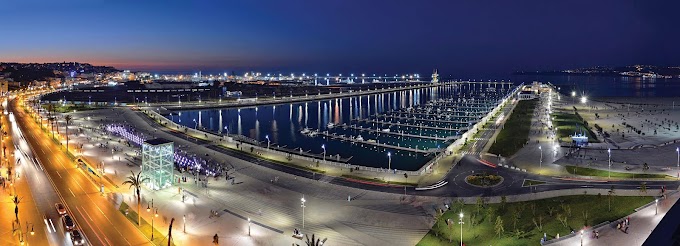A Complete Guide to Experiencing Moroccan Culture
Dive deep into Moroccan culture—from traditional clothing and music to social etiquette and warm hospitality. Explore local experiences that define Morocco’s soul.
Moroccan culture, Moroccan traditions, local experiences Morocco, Moroccan hospitality, traditional Moroccan clothing
Understanding Moroccan Hospitality
One of the most defining aspects of Moroccan culture is its legendary hospitality. Visitors are often welcomed with open arms and offered mint tea, a symbol of friendship and generosity.
Key Features:
Guests are sacred in Moroccan homes.
It’s customary to offer tea and sweets to visitors.
Many homes feature a salon designed specifically for hosting guests.
Whether you’re staying in a family-run riad or visiting a Berber village, expect to be treated like part of the family.
Traditional Clothing: Djellabas, Caftans, and More
Moroccan clothing reflects a blend of Arab, Berber, and Andalusian influences. Traditional garments are not only functional but often ornate and symbolic.
Common Outfits:
Djellaba: A long robe with a pointed hood, worn by both men and women.
Caftan: A luxurious dress worn by women on special occasions.
Gandoura: A sleeveless, lightweight garment popular in warmer regions.
Tarbouch (Fez hat) and babouches (leather slippers) complete the look.
You can explore and purchase these at souks or artisanal workshops in cities like Fes, Marrakech, and Rabat.
Music and Dance Across the Regions
Moroccan music is incredibly diverse, with each region showcasing its own rhythms, instruments, and traditions.
Regional Styles:
Gnaoua (Southwest Morocco): Spiritual music with African roots, characterized by heavy drums and metal castanets.
Amazigh (Berber) Music: Celebrated during weddings and seasonal festivals with flutes, lutes, and tambourines.
Andalusian Classical Music: Found in cities like Fes and Tetouan, it blends poetry and ancient melodies.
Dances often accompany the music—Ahidous (performed by Berber tribes) or Guedra (a dance from the Sahara) are vibrant expressions of joy and heritage.
Social Etiquette for Visitors
Understanding Moroccan social customs will enrich your experience and show respect to locals.
Do’s and Don’ts:
Greet with your right hand and a slight bow or handshake.
Use "Salam Alaikum" as a polite hello.
Dress modestly, especially in rural areas or during religious events.
Avoid public displays of affection, which may be frowned upon.
It’s also respectful to remove your shoes when entering someone’s home and to accept any food or drink offered.
Final Thoughts
To truly discover Morocco is to immerse yourself in its culture. Beyond the landscapes and historic sites lies a rich tapestry of tradition, music, hospitality, and everyday life. The more you engage with the locals, their customs, and their way of living, the more memorable your Moroccan journey will become.
Embrace the rhythm, taste the flavors, wear the fabric, and dance to the drumbeat of Morocco.





0 Comments